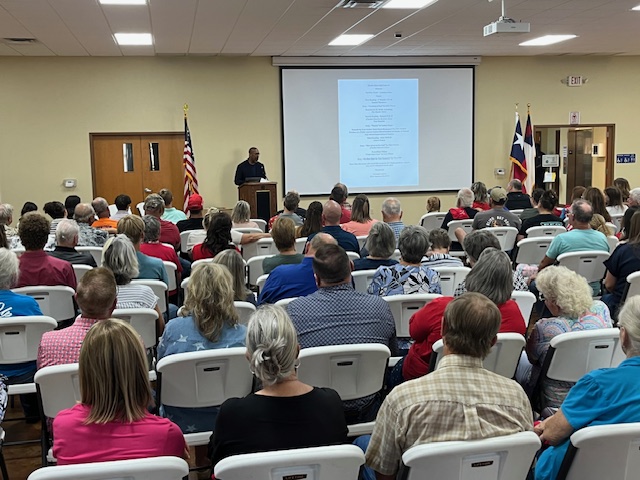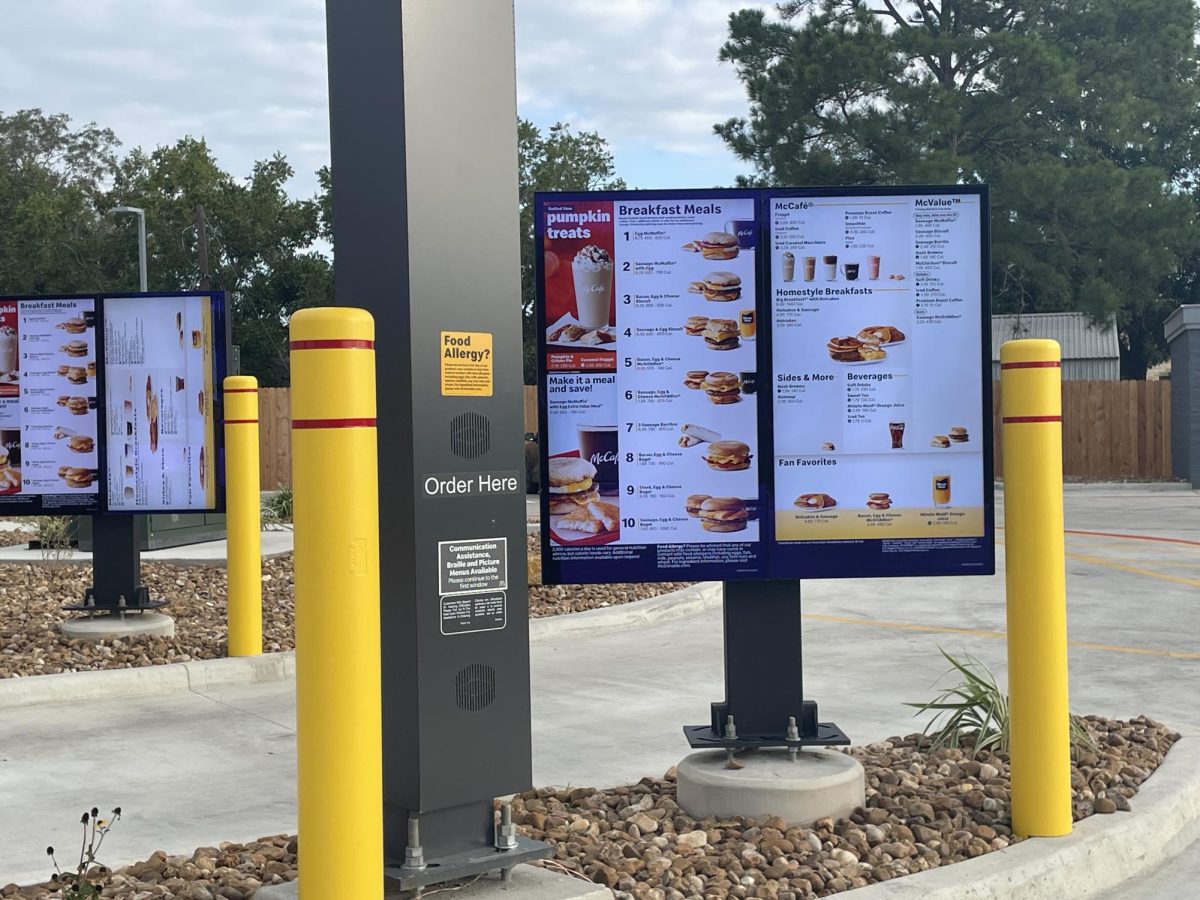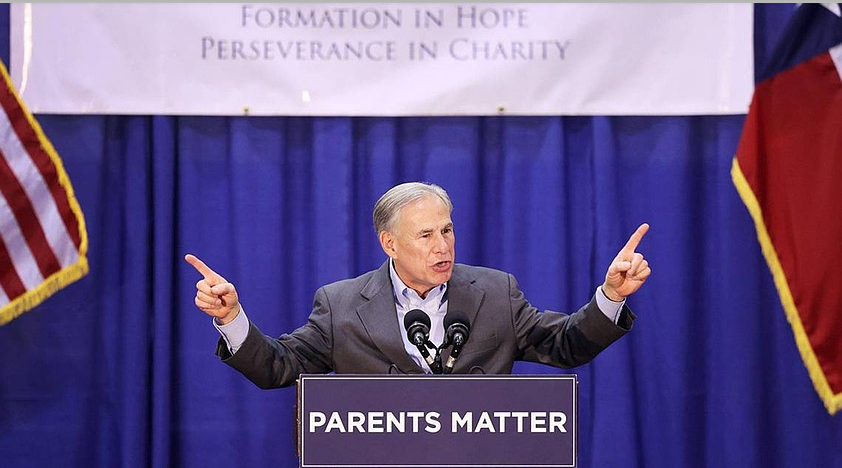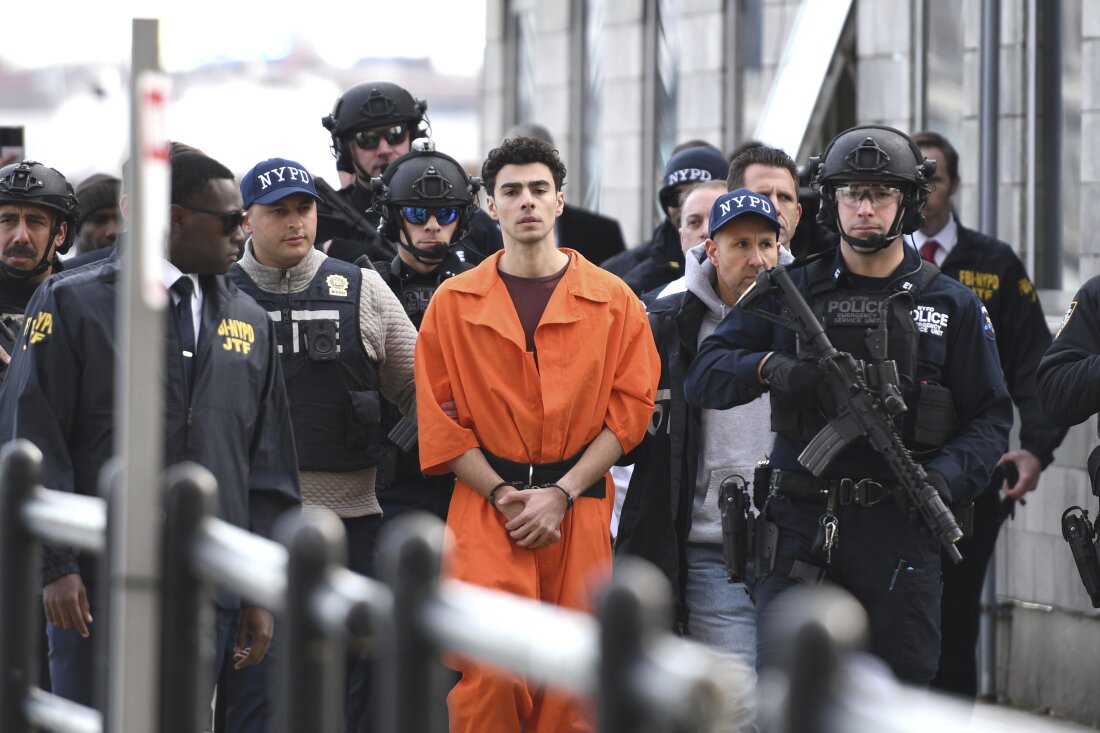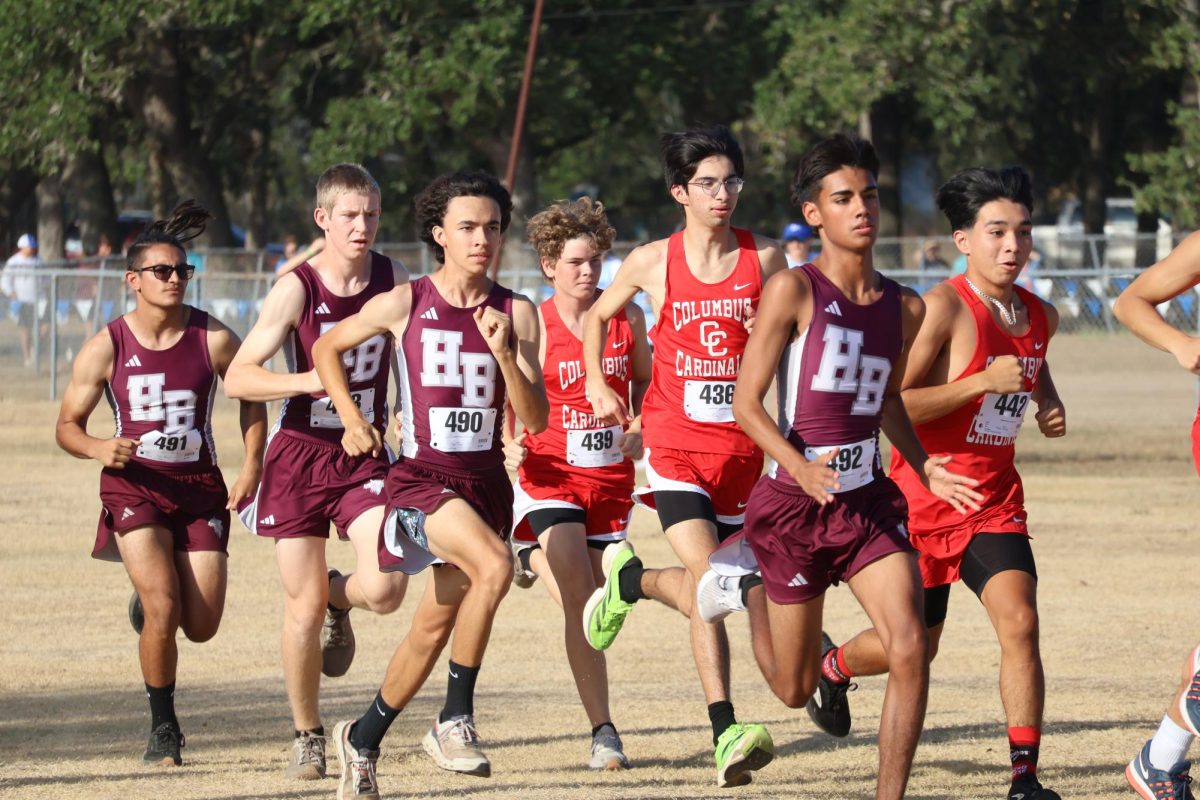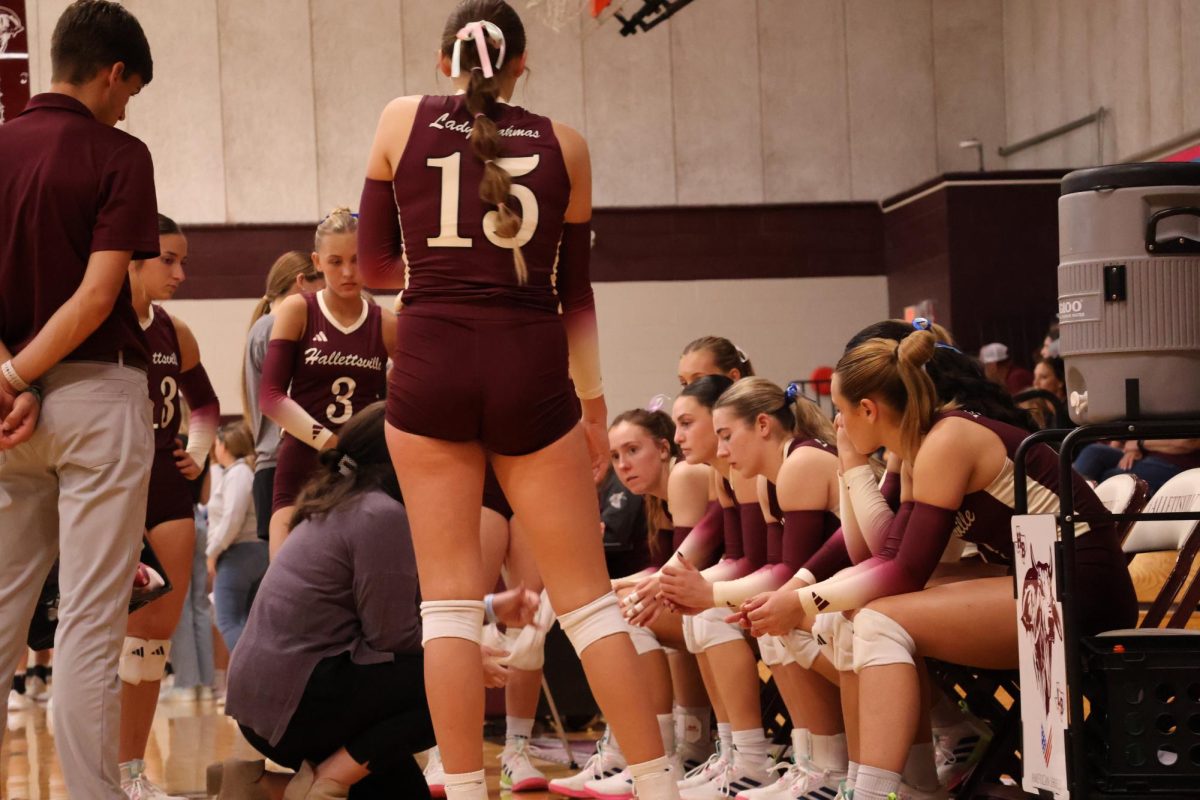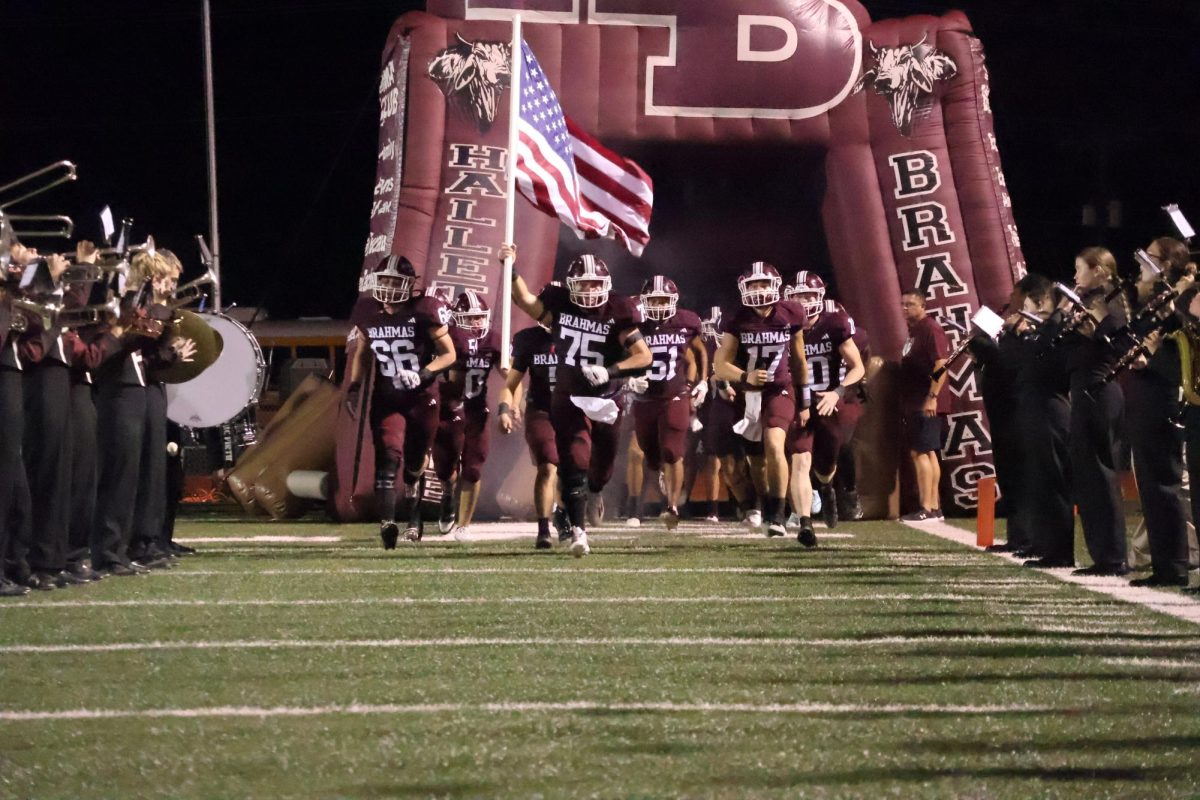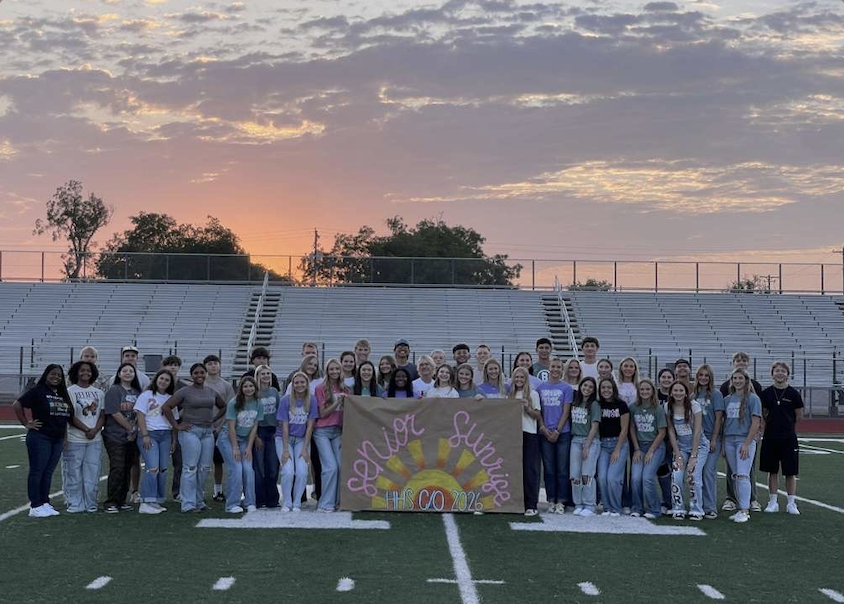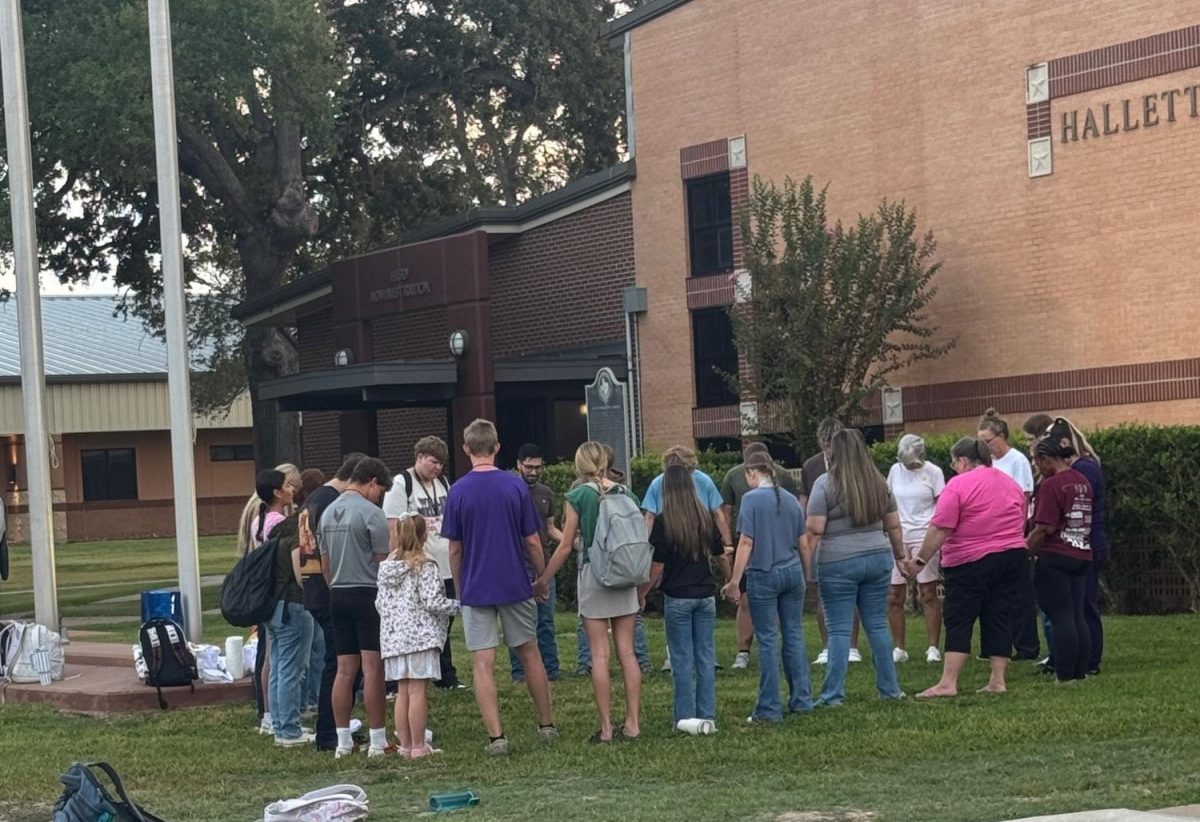In 2019, the Texas Legislature passed House Bill 3 a “sweeping and historic school finance bill” that “provides more money for Texas classrooms, increases teacher compensation, reduces recapture and cuts local property taxes for Texas taxpayers” (TEA). This was the last time that the Texas Government addressed Texas public schools’ dire need for budget increases- at least in ways that would positively affect them.
Currently, Governor Greg Abbott is campaigning for a bill he says would provide the much-needed teacher raises; however, woven into his bill is a pro-school voucher, one that would provide private schools with per-capita funding.
“The interesting thing about all of it is that they aren’t held to the same accountability standards as public schools. That’s why it’s so controversial, there’s a lot of public school people who feel that it’s not fair that if we take the funding, we’re held to accountability in terms of attendance, in terms of finance, in terms of academics, whereas the voucher bills that are being proposed, there is no accountability for any of that (for private schools),” expressed Hallettsville ISD’s Superintendent, Dr. Jo Ann Bludau.
The basic allotment being proposed for private schools would stretch tax funding even further. Public schools may lose enrollment -in turn potentially losing funding- despite being held accountable by the State in order to receive the funds. Private schools would not be subject to the same standards.
“In terms of public money, how can public money be spent on something when there’s no accountability for it?” questioned Dr. Bludau.
According to Texas AFT, “adjusted to 2024 dollars, per-student funding from state and local sources is down by 12.9%”. The Hallettsville ISD school board approved a deficit budget for only the second time in recent history due to inadequate funding by the State of Texas. Despite the budget cuts and reductions, Board members were forced to read a statement as part of their motion that there was a 10.1% increase to the “no new revenue tax rate,” which resulted in the District getting the same that they did last year with increased mandates and rising costs. The State, however, has increased its expectations for Texas public schools, essentially asking them to “do more with less”.
“The legislature has not provided us with more funding, however, they have given us a bunch of unfunded mandates, which are rules and regulations that they kind of pushed down on school districts that we have to fund. For example, with safety and security, they are now requiring us to have an officer per campus,” explained Hallettsville ISD’s Chief Financial Officer, Farrah Jernigan.
For Hallettsville ISD, this means hiring at least three officers. The average cost of a newly certified police officer plus benefits is $50,000.
“They’ve increased the safety allotment by 27 cents per student and only given us $15,000 per campus for security,” mused Jernigan.
The total current safety allotment in Hallettsville ISD is $55,695.55, whereas, the district spent $140,050 on safety and security expenses last year.
“The security that we hire HPD and LCSO charge us $50 per hour, so how can we do that with that small amount of money?” asked Jernigan.
The unfunded mandates are only part of the problem. The reduction of the budget and the increase in mandatory spending have made most public schools unable to compete with hiring staff. Hallettsville ISD has not compromised in that area, but it has led the administration to look closely at which programs are receiving the most funding, not spending all of their allotted budgets or aren’t as heavily populated as others.
“This spring when we’re looking at our budget, we don’t want to do a reduction in force, but what we may do is if certain staff members retire or resign, we’re going to look really carefully at whether or not we are going to replace those positions,” stated Dr. Bludau. “Every principal, every department head has had to go through their budgets and let us know where they can decrease, even after that, our went through and looked in areas where maybe we hadn’t spent on certain items, and she reduced those amounts. Just making sure that if it’s not a need, we take it out.”
If Governor Abbott’s vouchers don’t pass, then public schools won’t receive the much needed funding. If the vouchers do pass, public schools will receive the funding, but at a lesser rate than private schools.
“Basic allotment for public schools is a little over $6,000, they’re proposing $10,000 per child for the voucher system in some bills,” shared Dr. Bludau. “If vouchers or Education Savings Accounts (ESAs) pass, the mandates will continue to weigh down on ISDs, while private schools will receive funding without being held accountable for state-regulated tests, public-elected boards or audits.”
For decades, Texas public schools have been susceptible to State regulation- making sacrifices that would be in vain should private schools receive non-regulated funding.
“For years we’ve had to make sure we’re doing everything according to state and federal laws,” explained Dr. Bludau. “It just doesn’t seem fair.”

